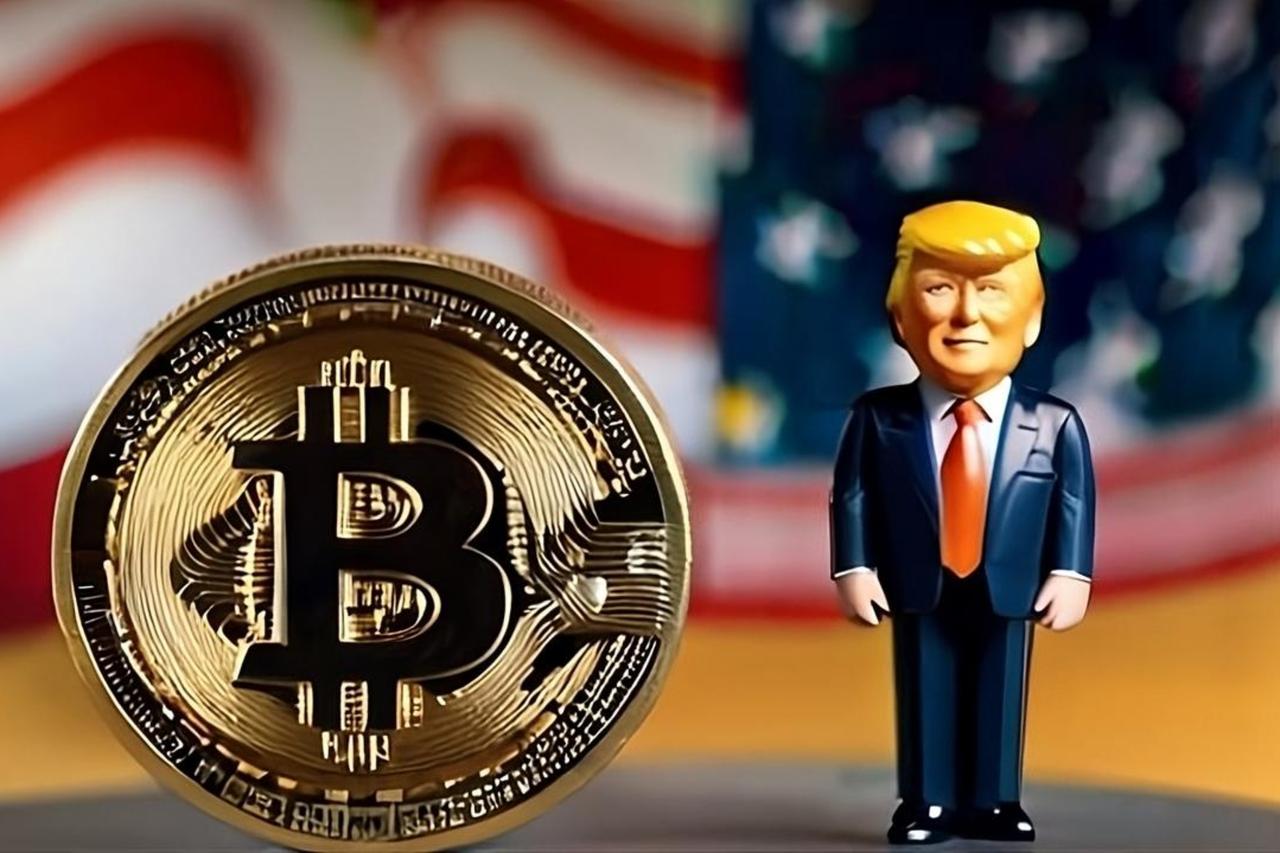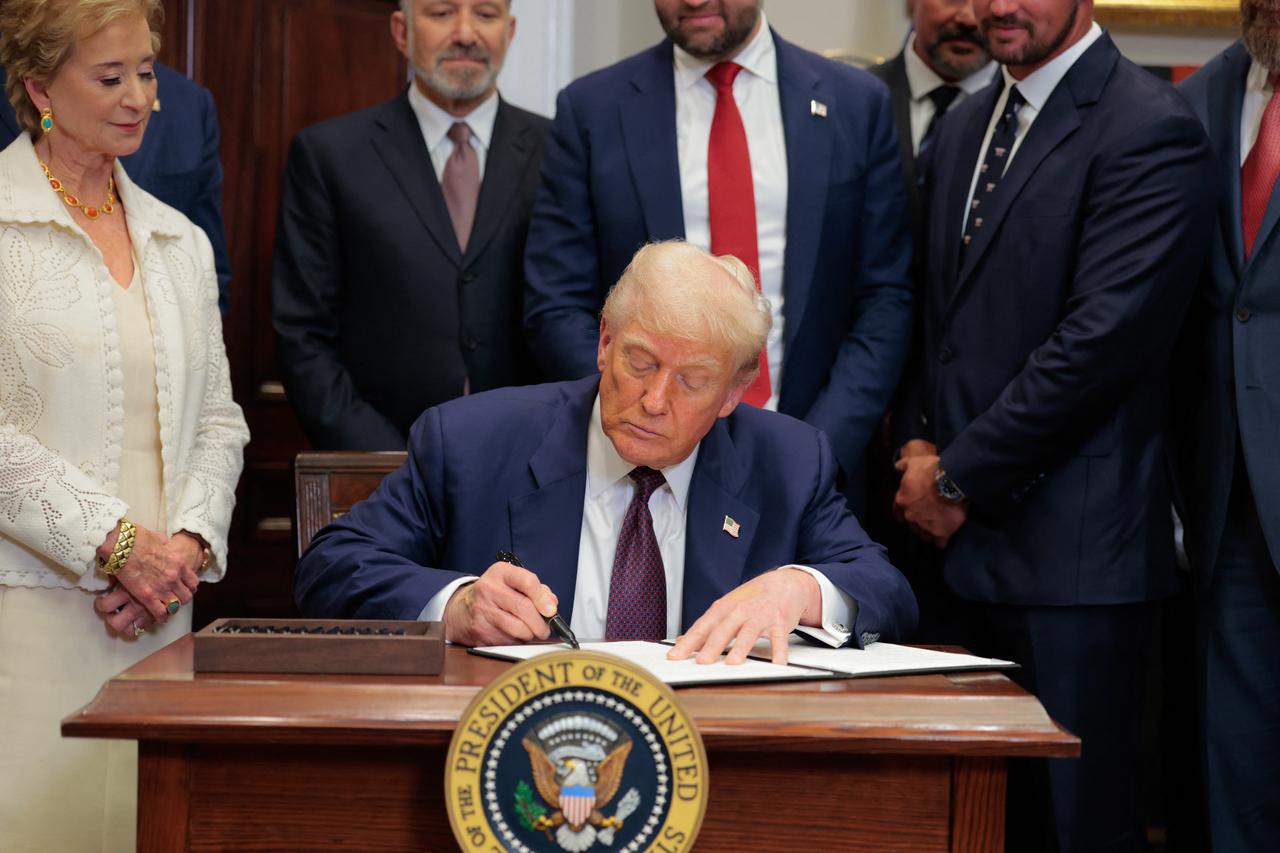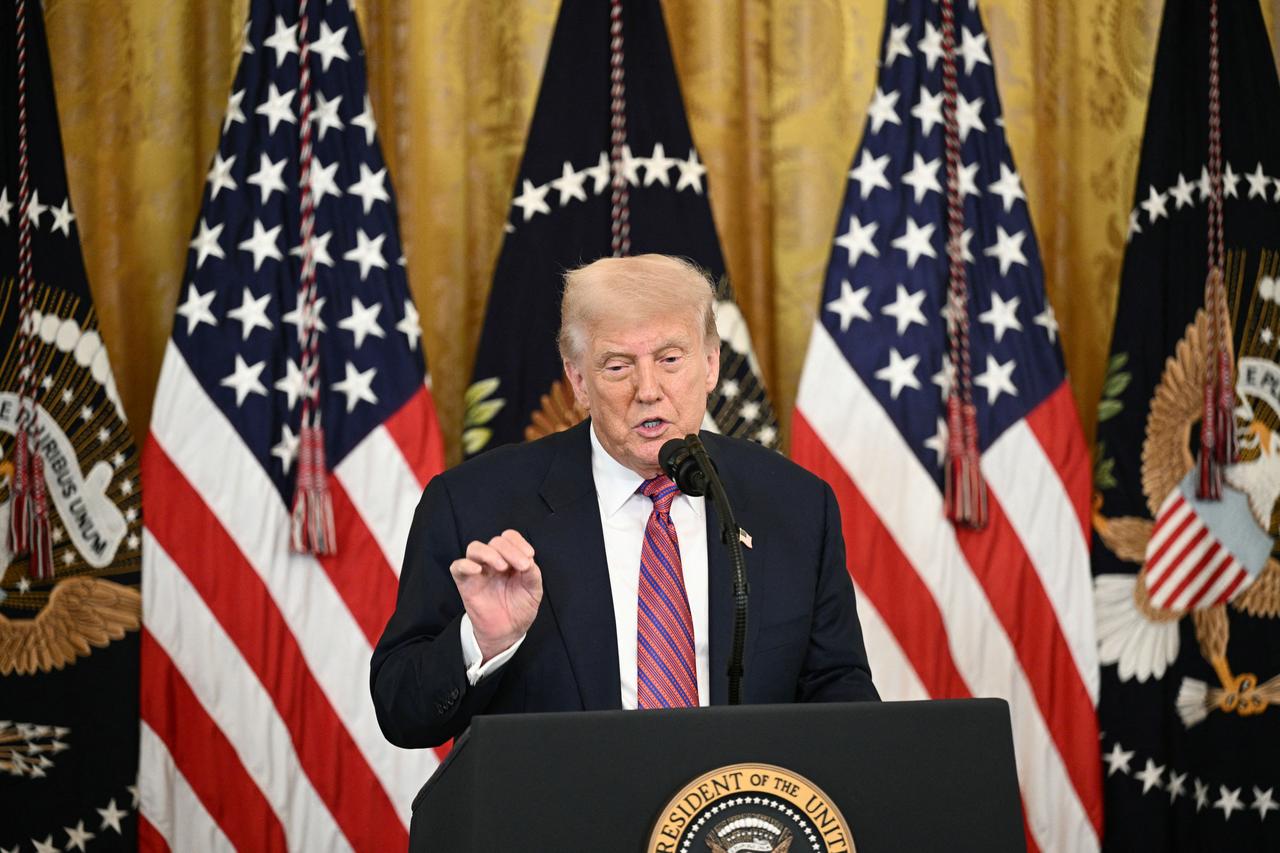
A working group tasked with guiding U.S. President Donald Trump's cryptocurrency policies has called for clear rules to regulate digital asset markets. The call to federal regulators aims to facilitate the adoption of new financial products and accelerate innovation.
This move shows that the White House is increasingly focusing on blockchain-based economies following its approval of three separate cryptocurrency bills earlier this month.
The policy recommendations were prepared by the White House Digital Asset Markets Working Group, which was established in January by presidential order and is chaired by entrepreneur David Sacks.
The Digital Asset Markets Working Group established by the Trump administration has presented comprehensive regulatory proposals to enable the U.S. to play a more effective role in digital asset markets.

Among the group's calls is a demand that the Securities and Exchange Commission (SEC) and the Commodity Futures Trading Commission (CFTC) clarify rules governing the storage, trading, registration, and recordkeeping of digital assets and immediately permit their trading at the federal level.
In addition, the group highlights the need to eliminate “bureaucratic delays” that prevent innovative financial products from being brought to market, while also proposing a comprehensive revision of tax policies.
Congress is being asked to address cryptocurrencies with a new tax framework specifically designed for these assets, rather than the current securities or commodity regulations.
Although not a regulatory body, this thought leadership group has been influential in shaping Washington's crypto regulation policy by offering comprehensive recommendations on a wide range of topics, from stablecoins to market structure, custody, and taxation.
The Trump administration's vision for digital asset regulation has been reflected in important legislative measures such as the GENIUS Act passed in July, the CLARITY Act passed by the House of Representatives, and the State Law Against CBDC Oversight. These policies encompass a wide range of regulatory proposals, from stablecoin usage to market structure and restrictions on central bank digital currencies (CBDCs).
President Donald Trump signed the GENIUS Act, aimed at promoting digital innovation, on July 18. The CLARITY and CBDC bills are now awaiting Senate consideration following House approval. These two bills are expected to be reviewed upon Congress' return from its August recess.
The Trump administration's crackdown on cryptocurrency regulations has already begun to transform the regulatory climate in the US. Following the passage of three major bills in July, the Atlantic Council noted that this change is accelerating in the sector, commenting that “more companies – including banks – will likely begin offering crypto asset services.”
The predictions align with developments in the market. Wall Street giants such as JPMorgan, Citigroup, and Bank of America have begun signaling interest in the stablecoin market.

According to the Atlantic Council, this means that American consumers will be able to conduct stablecoin transactions through their banks and even access tokenized investment products.
Experts note that the GENIUS Act, in particular, could serve as a turning point for the tokenization of real assets by reducing regulatory barriers and facilitating the integration of the digital dollar into the tokenized economy.
Michael Sonnenshein, former CEO of Grayscale and president of tokenization company Securitize, told The Wall Street Journal that the GENIUS Act could be a confidence-boosting step for investors and issuers who had previously been cautious about the sector. “For many asset issuers who have been sitting on the sidelines or hesitant about tokenized securities, this law now provides additional protection,” he said.